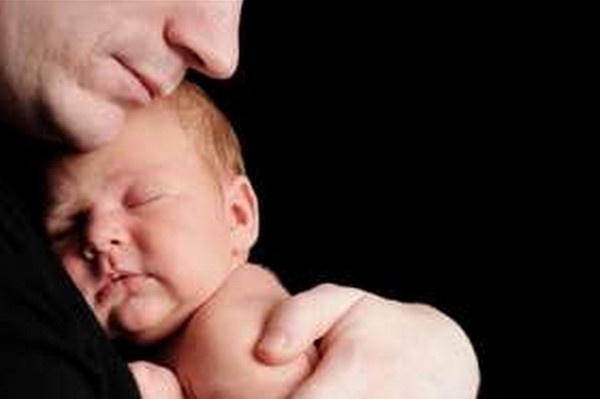Research Supports Call For Paid Father Leave
 Media Release 16 February 2017
Media Release 16 February 2017
Family First NZ says that the latest research on ‘baby blues’ and its effect on men as well as women endorses their call for paid parental leave for fathers of two weeks rising to four weeks – and says that there is strong public support for paid father leave according to an independent poll on the issue.
“Fathers matter, and the University of Auckland’s Growing Up In New Zealand study research backs up other research demonstrating that it is important that fathers be actively involved with their children and are not an optional extra. Fathers are fundamental to children’s healthy development as their involvement can improve the health, emotional well-being and educational achievement of their children.” says Bob McCoskrie, National Director of Family First NZ.
“The period immediately following the birth of a child is demanding and difficult for mums – especially with sleep deprivation, recovering from childbirth, and coping with the existing demands of siblings. It is completely appropriately, and in fact desirable, that the father is involved in this crucial period of adjustment and to support the mother. This will promote hands-on parenting by fathers, which is a good thing,” says Mr McCoskrie.
“It is also significant that one of the strongest predictors of paternal depression was no longer being in a relationship with the child’s mother. This proves the absolute necessity to encourage, strengthen and support married couples which provides the best outcomes for both the child and for the adults.”
“Having children is a season of change and challenge for both the mum and the dad. As a society, we should do everything we can to enable and support new and young parents,” says Mr McCoskrie.
According to an OECD report, on average, OECD countries offer nine weeks of paid father-specific leave. Nine OECD countries provide no paid father-specific leave at all, and ten offer two weeks or less. However, at the other end of the scale, nine countries reserve three months or more of paid leave for fathers, with the father-specific entitlements in the two East Asian OECD countries – Japan and Korea – lasting as long as twelve months. Father-specific leaves are often well paid when short, although payment rates tend to fall once entitlements last longer than one month or so. In Australia, Dad and Partner Pay is up to 2 weeks of government funded pay based on the rate of the national minimum wage when you are on unpaid leave from work or are not working.
A nationwide poll of New Zealanders commissioned by Family First NZ in 2013 found strong support for paid paternal leave of two weeks for fathers. In the poll of 1,000 NZ’ers by Curia Market Research, respondents were asked “Would you support or oppose a proposal to provide Government paid parental leave of 2 weeks to fathers as well as mothers. It is estimated to cost around $20 million a year.” 68% support this proposal with 28% opposing. Interestingly, there was slightly stronger support from women.
ENDS






